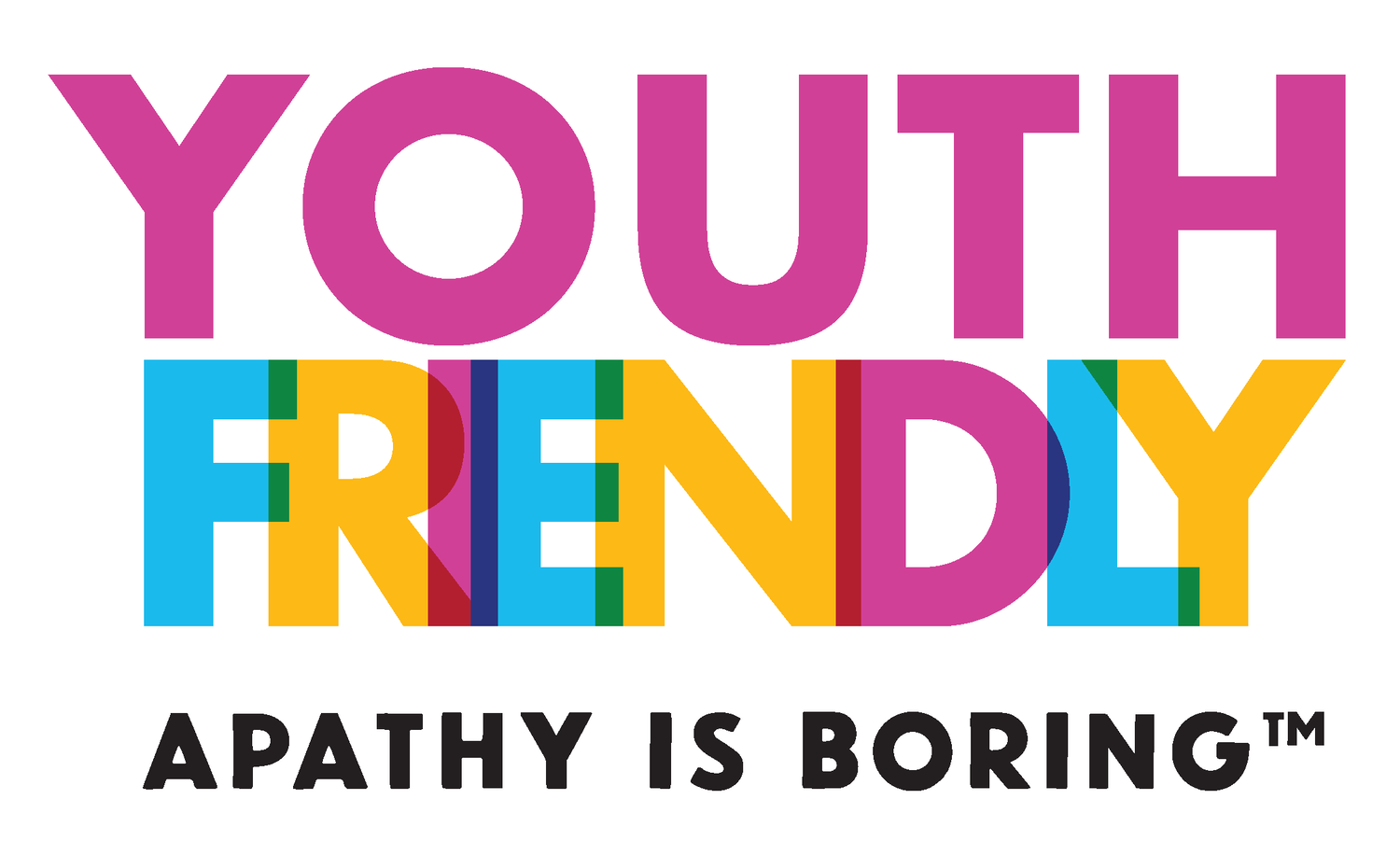EXECUTIVE SUMMARY
This study covers a large and diverse population but it is nonetheless possible to draw from it a broad portrait of leading-edge Generation Z and Millennial Canadians. In viewing the world as it is today, Canadian youth are cognizant of the serious challenges facing society, and likely less optimistic about the future than were youth in previous generations. Apart from the immediate crisis of the worldwide Covid-19 pandemic, the country’s younger generations are especially focused on global warming and environmental degradation as the most pressing global issue that needs to be addressed, but also attentive to other major issues such as racism and economic inequality.
As for how younger Canadians see the capacity of their country’s institutions to meet these and other challenges, the picture is mixed. On the one hand, youth are more likely than not to believe their country has a functioning democracy and governments that work, albeit with major problems. Most express confidence in public and nonprofit institutions (health care, education, major charities). On the other hand, there is widespread agreement that governments need to change in a variety of ways (even if there is no consensus on which changes are most essential), and youth express lower levels of trust in the private sector and media. At the same time, there is clear evidence of hope for the future, as many believe in the potential for making real progress on major global issues such as gender inequality and racism, and in the power of collective action at the local level.
And Canadian youth are far from passive observers. Most pay close attention to news and current events, and are engaged at some level through volunteer work, participation in groups, and voting at election time (although notably, youth as a whole do not see voting as the sine qua non of political engagement). Many bridge the political divide by connecting with friends and others whose political views are very different from their own. These findings confirm Apathy is Boring’s own research on youth engagement (Together We Rise (2020)), which documented how Canada’s youth are shifting their focus from traditional forms of participation such as voting to other models of engagement with the issues of importance to them.
Canada’s youth are the most ethnically and racially diverse generations in the country’s history, and their backgrounds and experiences shape their perspectives and engagement with the important issues of the day. Instead of a clear divide between racialized and white youth, the research reveals a more nuanced pattern across different ethnic / racial groups in ways that are in some cases expected and in others surprising.
Leading-edge Gen Z and Millennial Canadians are now the largest generational bloc of the country’s population and the most prominent in terms of what Canada is today and will be in the coming decades. This makes it essential that their perspectives be understood and embraced, to foster meaningful engagement in Canadian society and its democratic institutions, even as this may look different from what older generations may be accustomed to. Voting in elections will remain an important pillar of citizenship, but the country’s institutions will need to step up to provide the spaces and resources that empower youth to bring their ideas to life, whether through enriched volunteer programs, collective action initiatives, and innovative social enterprise. Today’s youth are looking to make their world a better place, and all of Canada stands to benefit from this energy.
Fill out this mini-form to get the full report in PDF.

